Breaking Free from Sugar Addiction: Tips for Reducing Intake
August 20, 2023

Table of Contents
The Bittersweet Reality of Sugar Addiction
In today’s world, sugar has become ubiquitous in our diets, making it challenging to escape its allure. Sugar addiction is a real concern, as excessive sugar consumption not only impacts our physical health but also affects our mental well-being. From weight gain to increased risk of chronic diseases, the consequences of sugar addiction are significant. In this blog, we’ll delve into the health implications of excessive sugar intake and provide you with practical tips to take control of your sugar cravings and reduce your sugar consumption for the sake of your overall well-being.
The Health Consequences of Excessive Sugar Intake
Increased Risk of Obesity and Type 2 Diabetes
Consuming sugary foods and beverages contributes to weight gain and obesity. The rapid spikes in blood sugar caused by these products can lead to insulin resistance over time, increasing the risk of developing type 2 diabetes.
Heart Disease and Inflammation Along with Oral Health Issues
High sugar intake is associated with inflammation, which plays a pivotal role in the development of heart disease. Moreover, sugar’s negative impact on oral health can lead to cavities and gum disease, affecting both your smile and overall health.
Effects on Mental Health and Brain Fog
Stop eating sugar as its rollercoaster effect on blood sugar levels can lead to mood swings and contribute to feelings of anxiety and depression. Additionally, excessive sugar intake has been linked to cognitive issues, often referred to as “brain fog.”
Learning to Identify Hidden Sugars in Packaged Foods
Manufacturers often sneak sugars into various processed foods, making it crucial to read labels carefully and understand the different names for sugar. Look out for terms like sucrose, high fructose corn syrup, and other syrups that indicate the presence of added sugars. Opt for products with lower sugar content or consider healthier alternatives.
Incorporating Whole Foods and Fresh Produce in Meals
Whole foods, such as fruits, vegetables, whole grains, and lean proteins, should form the foundation of your diet. These foods provide essential nutrients and fibre, which can help stabilise blood sugar levels and reduce sugar cravings. Aim to fill your plate with colourful, nutrient-rich options.
Choosing Herbal Teas or Infused Water Over Sugary Beverages
Sugary drinks, including sodas, energy drinks, and fruit juices, are major contributors to excessive sugar intake. Replace these beverages with herbal teas, infused water, or simply plain water. Infusing water with slices of citrus fruits, berries, or herbs can add flavour without the added sugars.
Including Protein and Healthy Fats to Feel Satisfaction
Protein and healthy fats are essential for satiety and can help tips to control sugar cravings. Include sources of lean protein (chicken, fish, legumes) and healthy fats (avocado, nuts, olive oil) in your meals and snacks. This can help you feel full and satisfied, reducing the temptation to reach for sugary snacks.
Reducing sugar intake is a powerful step towards improving your overall health and well-being. By understanding the health consequences of sugar addiction and implementing practical strategies like identifying hidden sugars, prioritising whole foods, choosing healthier beverages, and including protein and healthy fats in your diet, you can regain control over your sugar cravings. Start small, set achievable goals, and remember that breaking free from sugar addiction is a journey that requires commitment and self-compassion.
Conclusion
Take the first step towards reducing your sugar intake today. Begin by identifying one sugary item you can replace with a healthier alternative. Gradually incorporate more whole foods into your diet and stay mindful of your sugar consumption. Your body and mind will thank you for making this positive change.
Product Page:
https://www.albia.in/product/diabetic-range-burdock-labs







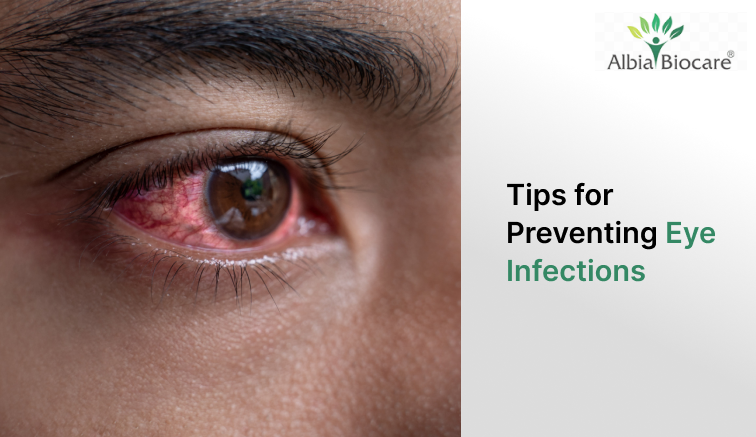

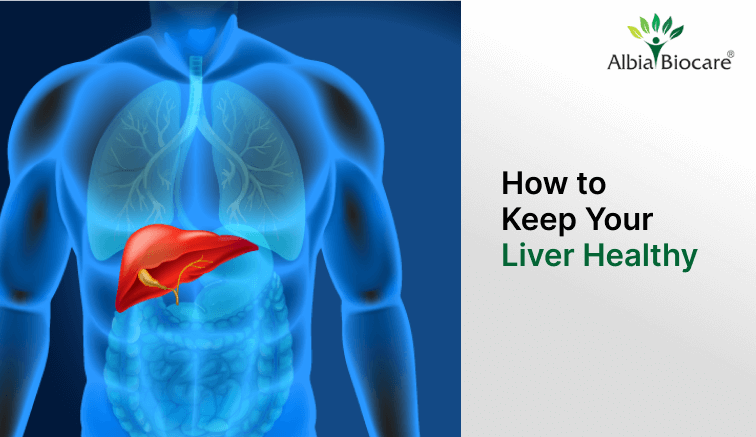
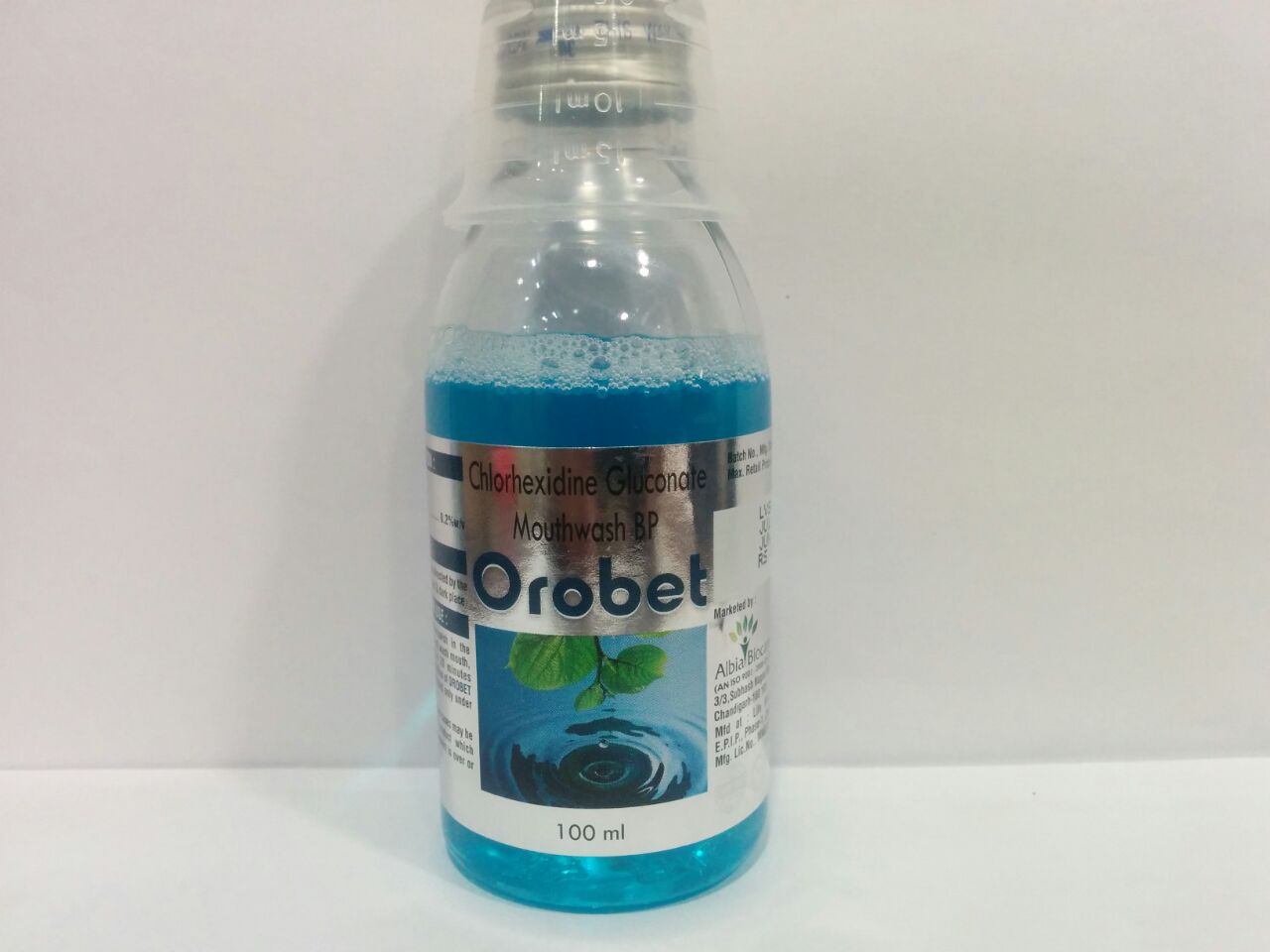
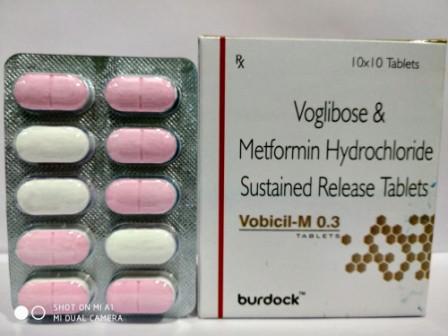
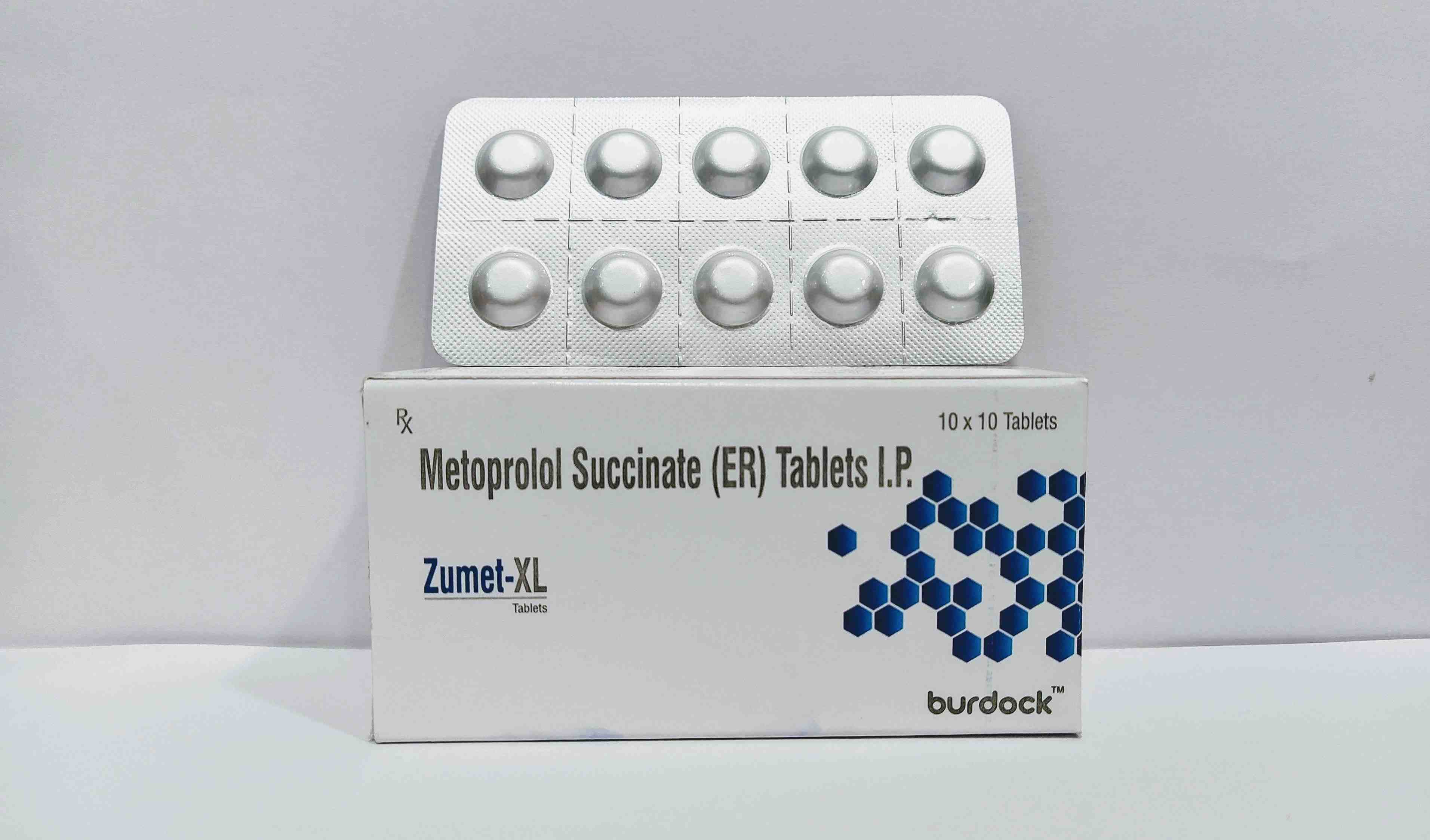


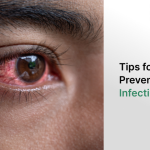

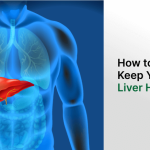
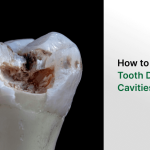


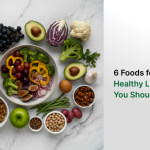

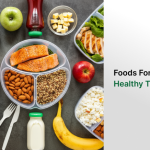

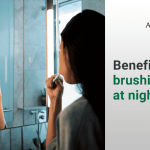



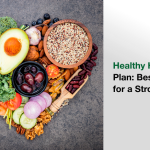

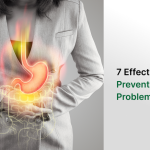



Leave a Reply